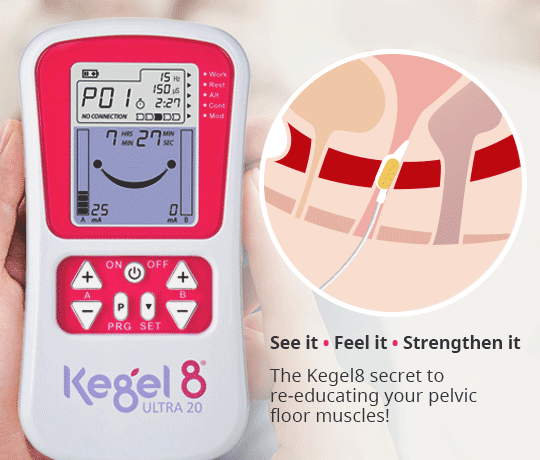
Bladder problems encompass a range of issues that affect the normal function of the bladder, which is the organ responsible for storing and releasing urine. These problems can manifest as a variety of symptoms and conditions. Here are some common bladder problems:
Urinary Incontinence: This refers to involuntary leakage of urine. There are different types of urinary incontinence:
Stress Incontinence: Leakage occurs when there's pressure on the bladder, such as during coughing, sneezing, laughing, or physical activity.
Urge Incontinence: Also known as overactive bladder, this involves a sudden and strong urge to urinate, often leading to leakage before reaching the bathroom.
Mixed Incontinence: A combination of stress and urge incontinence.
Overflow Incontinence: The bladder doesn't empty properly, leading to frequent dribbling of small amounts of urine.
Functional Incontinence: Physical or cognitive limitations prevent a person from reaching the bathroom in time.
Urinary Retention: This occurs when the bladder doesn't empty completely or doesn't empty at all. It can be caused by various factors, including nerve damage, bladder muscle dysfunction, or an obstruction in the urinary tract.
Bladder Overactivity: Also known as overactive bladder (OAB), this condition involves frequent and sudden urges to urinate, often leading to urinary urgency and, in some cases, incontinence.
Bladder Pain Syndrome/Interstitial Cystitis: This chronic condition is characterized by pain and discomfort in the bladder region. Symptoms may include urinary frequency, urgency, and pain during urination.
Neurogenic Bladder: This refers to bladder dysfunction caused by a neurological condition, such as spinal cord injury, multiple sclerosis, or stroke. It can result in issues with bladder control, emptying, and sensation.
Bladder Stones: Hard mineral deposits can form in the bladder, causing pain, frequent urination, and difficulty emptying the bladder.
Bladder Infections (Cystitis): Bacterial infections of the bladder can lead to symptoms like urinary urgency, frequency, burning sensation during urination, and lower abdominal discomfort.
Haematuria: Blood in the urine can be a sign of various conditions, including bladder infections, kidney stones, and bladder or kidney cancer.
Bladder Diverticula: Pouches can form in the bladder wall, which can sometimes cause problems with emptying and increase the risk of infections.
Bladder Cancer: Malignant growths can develop in the bladder lining, leading to symptoms such as blood in the urine, frequent urination, and pain during urination.
Neurogenic Lower Urinary Tract Dysfunction: As mentioned earlier, this involves bladder and sphincter dysfunction due to neurological conditions that disrupt nerve signalling.
Bladder Prolapse: The bladder can descend into the vaginal wall in women, causing discomfort, urinary symptoms, and in some cases, stress incontinence.
It's important to note that bladder problems can vary widely in terms of severity and underlying causes. If you're experiencing any bladder-related symptoms or concerns, it's recommended to consult your GP or healthcare professional, such as a urologist, for a proper evaluation and diagnosis. Treatment options depend on the specific problem and may include lifestyle changes, medications, behavioural strategies, physical therapy, or surgical interventions.
If it's physical therapy in the form of Pelvic Floor Muscle Exercises, Kegel8 can help.






